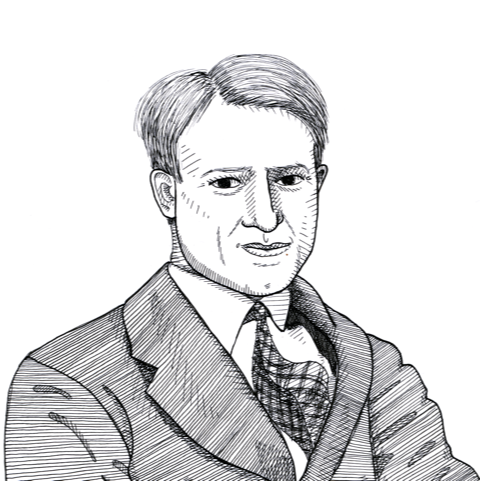Liberty Matters
Do Universities Have Substantive Purposes?

I thank all three interlocutors for their thoughtful and incisive appraisals of my essay. As I understand it, they both agree and disagree with my arguments. They agree in objecting to the extrinsic purposes that are nowadays imported into universities, which essentially turn them into corporations or businesses. They agree that the excessive utilitarian focus on “outcomes”—whether in terms of salary, career success, or political action—is misguided. But they disagree on classifying the university as analogous to civil association.
Part of the reason for this disagreement is obvious: universities are not political associations, and they are places that people can opt into and leave at will. They are not compulsory for anyone. A major part of Oakeshott’s argument in On Human Conduct is that civil association is uniquely suited for political association in states, where entry and exit are difficult, if not impossible. The other part of the disagreement has to do with the question of purpose. I argued that there is no overarching purpose that governs “the university” in the modern day, and my interlocutors believe that there is. For Kos this purpose is “a cooperative enterprise of people in physical proximity to one another engaged in the collective pursuit of learning” and for Street, it is a “distinctive and secluded occupation” of gaining understanding and “enjoying four years of freedom.”
Perhaps the most persuasive argument for thinking that universities should be seen as enterprise associations comes from Oakeshott himself. As Street points out, in On Human Conduct, he says explicitly that the university is an example of “universitas” or enterprise association, which consists in “many joined in the pursuit of a common substantive satisfaction.” And, importantly, the common purpose animating the association “may be simple or complex, clearly identified or vaguely imagined; its achievement may be a near or a distant prospect, or no prospect at all, but an interminable engagement in the continuous promotion or protection of an enduring interest. The response sought may be that of others not thus associated (as a productive enterprise seeks buyers or consumers), or it may be an enjoyment of the associates themselves.” (my italics) All of this would seem to settle the matter.
I am not sure it does, though. Granting the imperfect analogy between university and the state, I still see benefit in understanding universities as civil associations. This is definitely not an appropriate way of thinking about every college and university; some smaller colleges are quite clear about promoting substantive purposes, and thus might more aptly be understood as enterprise associations. But for larger universities that have attained a certain size and contain multiple divisions or schools, I still think the general analogy of civil association makes sense. I also question whether the “purposes” we sometimes attribute to “the university” are really coherent. They strike me as so general as to be empty of meaning.
Elaine Sternberg takes me to task on just this point: what exactly does “purpose” mean? She argues, correctly, that I have adopted Oakeshott’s understanding of purpose as “a substantive satisfaction to be procured in co-operative performances” that must be “chosen by each agent related in seeking it.” [OHC 61] But she argues that purpose need not be construed so narrowly. Instead, we can understand purposes not necessarily as conscious choices but as a thing’s end or “characteristic function.” The purpose of eyes, for example, is that they enable sight. She also points out that a “common purpose” need not be self-consciously chosen as a means of achieving an end, but is common “if it is independently pursued or used by multiple individuals without their intending any joint or cooperative action.” Only on this latter understanding of “common” could one understand universities as enterprise associations, I think. Kos’s and Street’s definitions of the “common purpose” of a university would then make sense.
The problem in contemporary, large universities—like the one in which I teach—is that the substantive purposes of individuals are dramatically different. They are so different that I believe certain colleagues would reject the even very general “common purposes” that Kos and Street have proffered. Some understand themselves as primarily advancing scientific and technological research, not teaching students; others are preparing young people for jobs in business and industry or nursing; and yes, others are engaged in liberal education. What I am arguing is that those of us in such places must live together in such a way as to allow the different enterprises to go on, without any single “substantive purpose” taking over the entire university. To my mind, this still seems closer to civil association than enterprise association.
Copyright and Fair Use Statement
“Liberty Matters” is the copyright of Liberty Fund, Inc. This material is put on line to further the educational goals of Liberty Fund, Inc. These essays and responses may be quoted and otherwise used under “fair use” provisions for educational and academic purposes. To reprint these essays in course booklets requires the prior permission of Liberty Fund, Inc. Please contact oll@libertyfund.org if you have any questions.